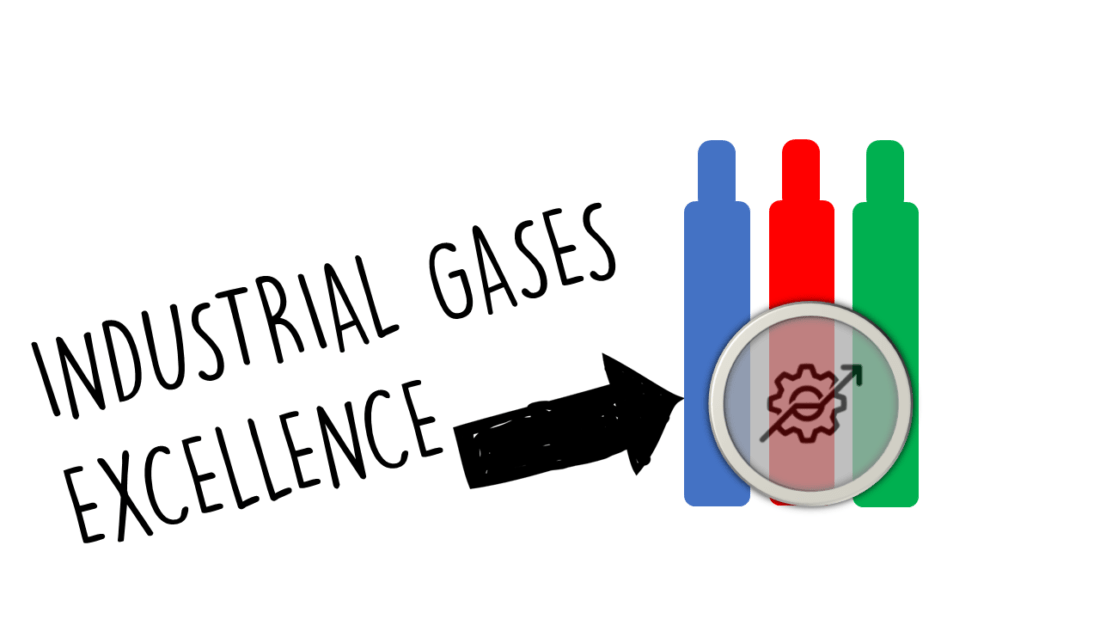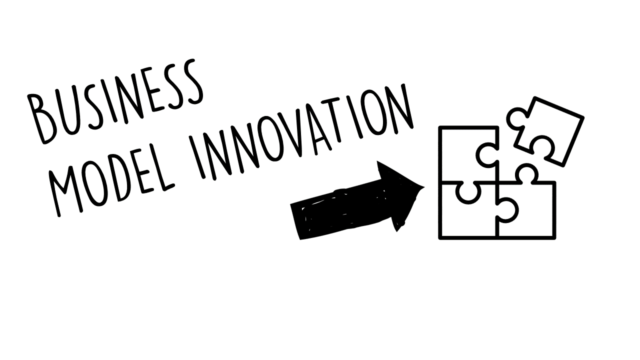Problem:
The industrial gas sector is a highly competitive and rapidly evolving industry. With the increasing demand for industrial gases in various sectors such as healthcare, food and beverage, automotive, and electronics, companies are under constant pressure to innovate and stay ahead of the competition. However, one of the major challenges that these companies face is the lack of effective leadership. Without strong leadership, it becomes difficult for these companies to navigate through the complexities of the industry, make strategic decisions, and drive growth.
Impact:
The absence of effective leadership in the industrial gas sector can lead to a multitude of problems. It can result in poor decision-making, lack of innovation, low employee morale, and ultimately, a decline in business performance. Companies may struggle to adapt to market changes, fail to meet customer expectations, or lose their competitive edge. Moreover, without strong leadership, companies may also find it challenging to attract and retain top talent. This can further exacerbate the problem as it can lead to a talent drain, leaving companies with a workforce that lacks the necessary skills and expertise to drive business growth.
Solution:
To address this issue, it is crucial for companies in the industrial gas sector to choose and develop effective leaders. This involves identifying individuals who possess the necessary skills and attributes to lead – such as strategic thinking, decision-making abilities, communication skills, and a deep understanding of the industry. Once these individuals are identified, companies need to invest in their development through leadership training programs. These programs should be designed to enhance their existing skills and equip them with new ones that are necessary for leading in today’s dynamic business environment.
Developing Leadership:
Developing leadership within an organization is not an overnight process; it requires time and commitment from both the individual and the organization. It involves providing leaders with opportunities to learn and grow – such as mentoring programs, workshops, seminars, or even further education. It also involves creating an environment that encourages continuous learning and development – where leaders are encouraged to take on new challenges, learn from their mistakes, and continuously improve their skills.
Case Study:
A case study that exemplifies this approach is that of Air Liquide – a world leader in gases for industry, health and environment. Recognizing the importance of strong leadership in driving business success, Air Liquide has implemented a comprehensive leadership development program known as ALLEX (Air Liquide Leading EXcellence). This program aims at developing high-potential employees into future leaders by providing them with intensive training on various aspects of leadership – including strategic thinking, decision-making abilities, communication skills among others.
Through this program, Air Liquide has been able to develop a pool of highly skilled leaders who have been instrumental in driving its growth in the highly competitive industrial gas sector. The company has not only been able to maintain its market position but has also been able to innovate and expand into new markets – demonstrating the power of effective leadership in driving business success.
Conclusion:
Choosing and developing effective leaders is crucial for companies in the industrial gas sector. By investing in leadership development programs like Air Liquide’s ALLEX program, these companies can equip their leaders with the necessary skills to navigate through industry complexities, make strategic decisions and drive growth – ensuring their success in today’s competitive business environment.




